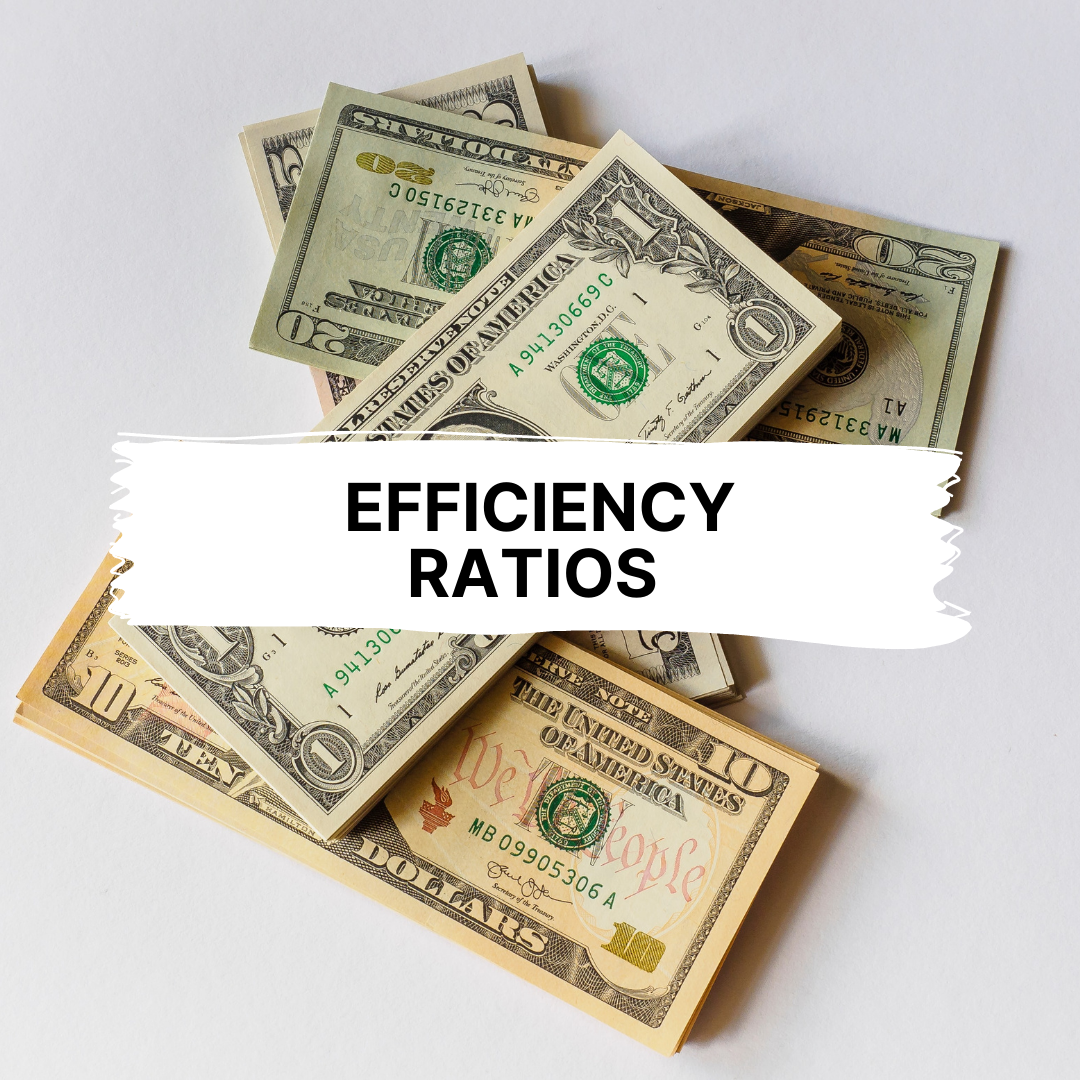Time and time again, we quote a particular study from Wasp Barcode Technologies, called the Small Business Report - Accounting. It says that about 60% of small business owners feel that they don't have adequate financing and accounting knowledge. It's one area that we, at Deskera, take to our hearts - educating small businesses on some fundamentals.
Combined with Deskera's all-in-one solution, our posts on various financial concepts, like understanding the four main financial statements, and a step by step guide to understanding balance sheets should be sufficient for your day-to-day accounting needs.
In pursuit of spreading awareness on accounting policies, we'd like to focus on the difference between cash accounting, accrual accounting, and modified accrual accounting, in this article. Before going into detail on the different nuances of the concepts mentioned, we first need to understand what accounting time periods mean.
Accounting Time Periods
The accounting time period is a concept that hypothetically divides an entity's various transactions to different artificial time periods. It ensures that financial reports give details only about the transactions of that particular time period, usually an accounting year. By following this concept, a business can accurately measure its performance over time and have a reliable standard to compare with for upcoming years. Accounting time periods establish a time frame for measuring the performance of your business.
Understanding this concept is essential when learning about the difference between cash, accrual, and modified accrual accounting systems. The main difference between the three is the time frame in which the businesses' various transactions are allocated. Let’s take a close look at all three of the methods.
Cash Accounting

Cash accounting is the accounting method that many small businesses and professionals follow solely for convenience. By following this method, businesses record entries in their books of accounts only when cash actually changes hands, but not when the transactions occur. It may look like that "cash changing hands" and "transactions occurring" are the same, however, on closer inspection, you'll notice a thin line differentiating the two terms. Transactions conclude as soon as the contract's performance is completed, irrespective of whether payments are made.
Consider a bulk sale is agreed upon by two businesses. The payment by the purchaser made to the vendor is decided to take place on a credit basis, say two months after the contract's performance. The transaction completes when the sale concludes. But cash changes hands only after two months of the completion of the sale. Consequently, the profits of that sale are recorded only after two months of the actual transaction.
Understanding this concept is essential when learning about the difference between cash, accrual, and modified accrual accounting systems. The key difference between the three is the time frame under which the businesses' various transactions are allocated. Let's take a close look at all three of the methods.
Accrual Accounting

Accrual accounting, contrary to the cash accounting system, recognizes and records transactions as and when they occur, instead of waiting for the cash to change hands. It involves additional concepts, like accounts receivables and payables, and keeps better track of inventory than the cash system of accounting.
Let’s now go back to the same example of the bulk sale agreement between two companies. Now, in the books of accounts of the vendor, there will be two transactions recorded, instead of just the one. The first transaction will be recorded when the sale occurs, where the corresponding debit will go the accounts receivable - purchaser account. The second transaction will take place when the cash changes hands, where the cash account is debited, and a credit is made to the accounts receivable-purchaser account.
In conclusion, once the cash is received, the net effect will be the same for both accounting methods - i.e., a debit to cash and a corresponding credit to sales. However, the critical difference between the two ways is that the accrual system recognizes the profits earlier, as soon as the transaction takes place.
Modified Accrual Accounting
The modified accrual accounting system attempts to incorporate both the cash and accrual system of accounting. It tries to keep the cash accounting system's convenience while incorporating the many sophistications of maintaining accounts under the accrual system. It achieves this by categorizing the different transactions into long-term or short-term transactions. Long-term deals happen over multiple accounting periods, while short-term transactions occur within a single accounting period.
Under the modified accrual accounting system, the short-term transactions are recorded as if the accounts are maintained under the cash accounting system. On the other hand, the long-term transactions are recorded under the accrual method. It's a recognized method for governments to record their accounts, but not for commercial institutions.
But the International Financial Reporting Standards (IFRS), which a majority of businesses adhere to, does not recognize modified accrual accounting as a proper system. It's why businesses follow the accrual system of accounting.
Recommendations For Small Businesses
It is indeed convenient and easy to follow the cash system of accounting. However, if that’s the only reason you are not following the accrual accounting system, you might want to reconsider your stance. Accounting software like Deskera makes it extremely easy for you to maintain accounts, irrespective of which method of accounting you follow. You can extract more from your financial data by following the accrual accounting method without having to worry about the many nuances.
However, for the sake of consistency, comparability, and compliance-related issues, it is recommended that you don’t change your system of accounting often. If your business does not engage significantly in credit transactions, and you have been following the cash accounting method, you don’t have to migrate to the accrual accounting system. Still, you do keep in mind that shifting to the accrual system offers increased scalability and complies with a vast majority of the rules and regulations.
To Conclude
All three methods of accounting have their advantages and disadvantages. However, most of the financial regulatory frameworks require the books of accounts to be maintained under the accrual system of accounting. While small businesses can maintain books of accounts under the cash system, it is highly recommended that you make a shift. However, consider all aspects, including tax-related implications before your shift. Avoid frequently changing your accounting system.
We, at Deskera, aim to provide more insightful posts on the different nuances of accounting as a process. Watch this space for more if you expect to gain more knowledge from our upcoming articles. If you’re considering learning more about SME digitization, do consider subscribing to our blog.







